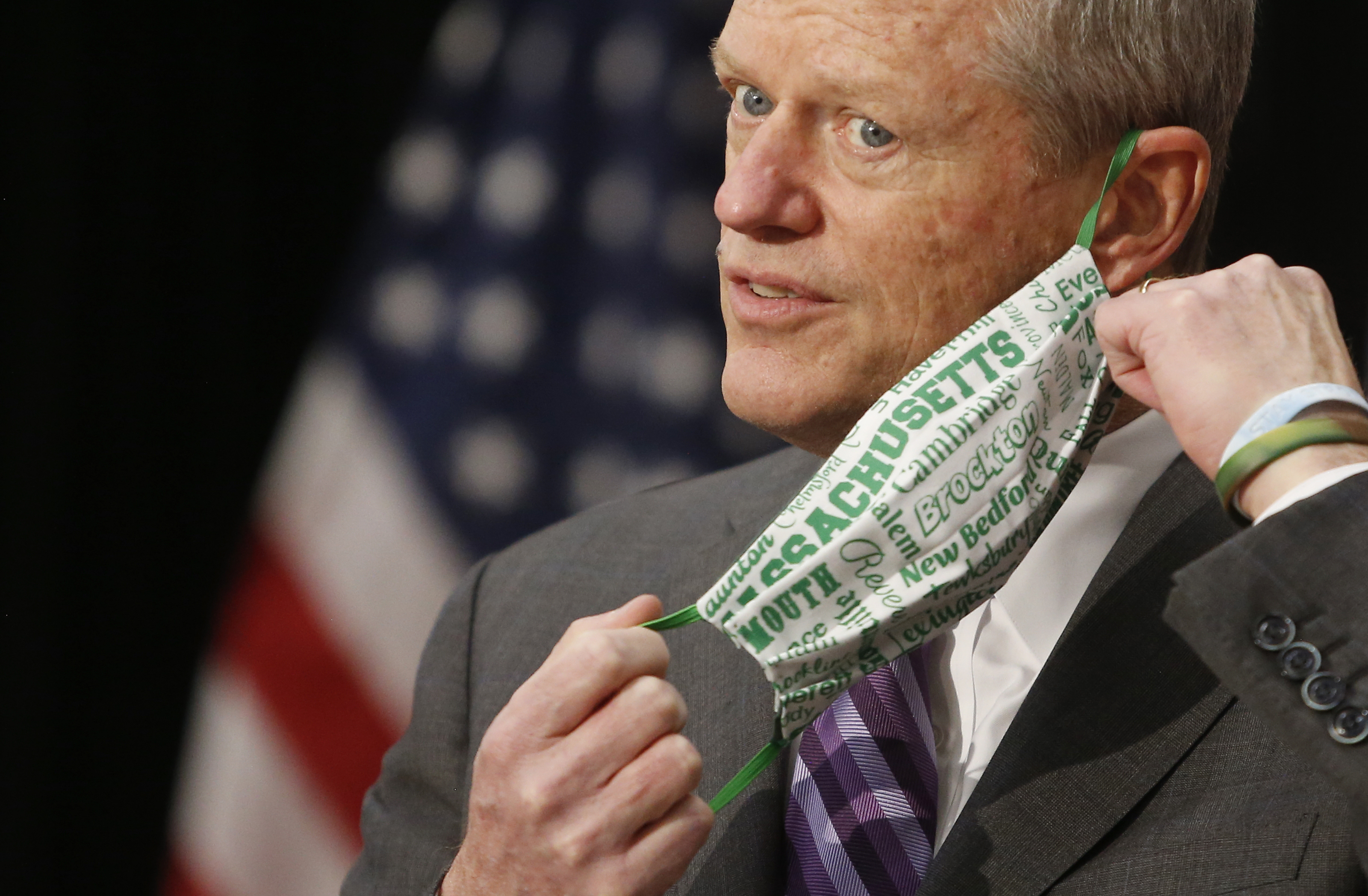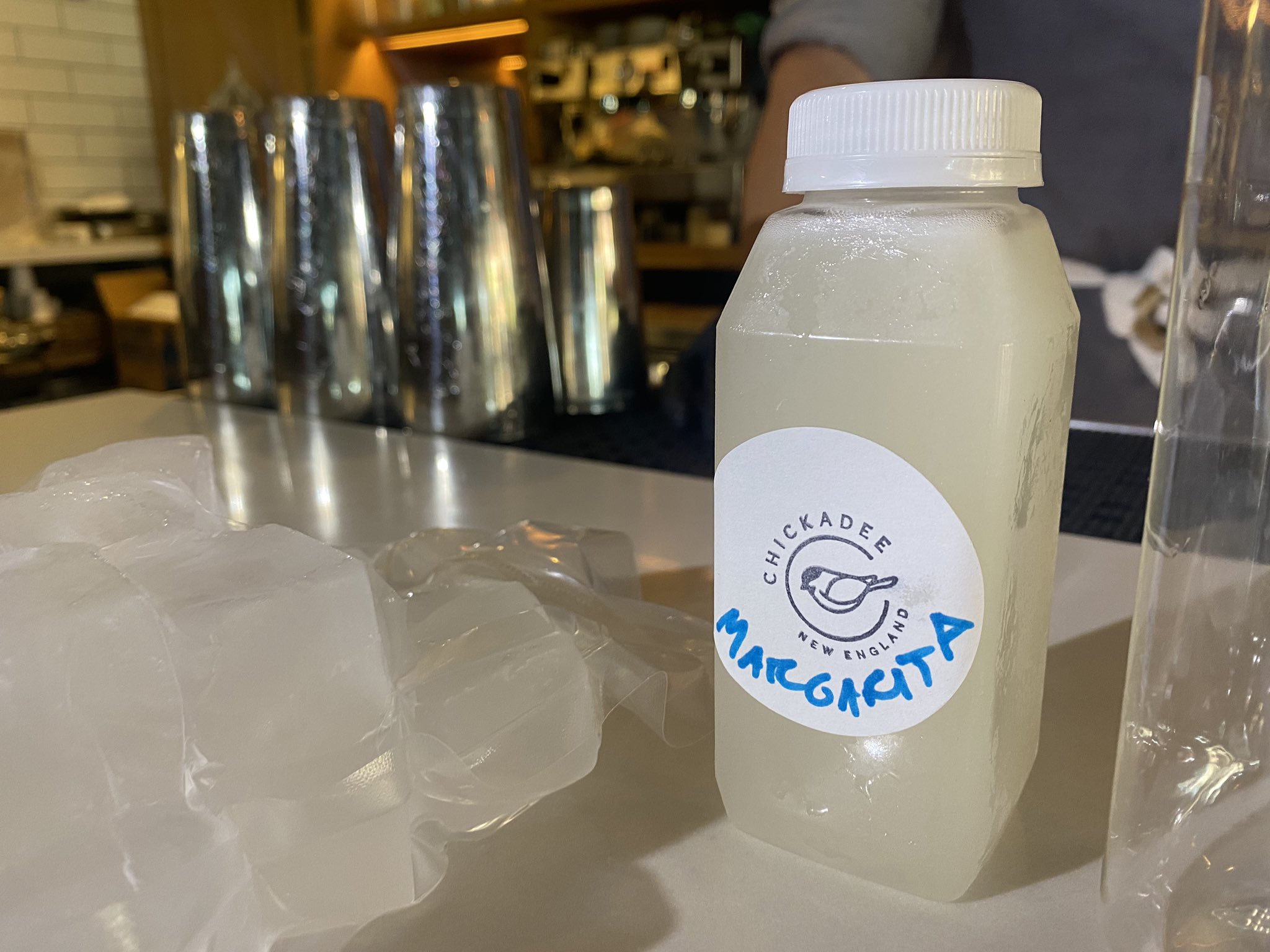Cape Cod officials are enthusiastic that summer travel season will now unfold with most COVID-19 restrictions lifted by Memorial Day weekend, but they urged vacationers to be patient and pack their masks as business operators face "lots of questions" transitioning out of the crisis.
For many employers and regional leaders on the Cape, Gov. Charlie Baker's announcement that remaining COVID-19 restrictions will lift on May 29 rather than the original Aug. 1 target came as welcome news, particularly ahead of the summer tourist season.
WATCH ANYTIME FOR FREE
>Stream NBC10 Boston news for free, 24/7, wherever you are. |
Wendy Northcross, CEO of the Cape Cod Chamber of Commerce, said Thursday that "we all feel like we can breathe a little easier now."
Amid that enthusiasm, several areas of uncertainty remain, such as how common mask-wearing will be and the fate of COVID-era restaurant changes, Northcross and other Cape officials said.
Get updates on what's happening in Boston to your inbox. Sign up for our >News Headlines newsletter.
"The business community is elated that the capacity restrictions will be rolled back as of May 29, but there's still a lot of questions coming at the Chamber," Northcross told reporters. "People are still asking, 'What's the rule, what's the requirement?' and the answer is there's going to be very little requirement by the government. You have to create your own operating procedures if you want. If you're a small B&B and you prefer your guests wear their masks inside, that's totally up to you."
Baker said the state Department of Public Health will issue an advisory next week urging those who have not been vaccinated to continue wearing masks in most indoor settings, and masks will continue to be mandated in congregate care settings, schools and day cares, and on transportation. Municipalities and businesses are also empowered to impose their own stricter rules.
Barnstable County and other Cape leaders intend to stress to all visitors that they should pack masks even after the state of emergency ends because the restaurants and shops they will frequent may ask their customers to cover their faces indoors while vaccinations continue.
Northcross said patrons may encounter a "patchwork" of mask-wearing policies from local businesses.
Like much of the state, the Cape's public health outlook has been steadily improving, but officials said COVID-19 remains a threat. Sen. Julian Cyr said Barnstable County observed 39 newly confirmed cases in the past three days, a sign that "we're not really out of the woods yet," while hospitalizations continue to fall.
"We look forward to welcoming the influx of visitors that are already coming. Things are already busy here, and we want everyone to be able to have fun and enjoy themselves," Cyr, a Truro Democrat, said. "It certainly doesn't mean, though, that at 12:01 a.m. on May 29, Commercial Street in Provincetown becomes Bourbon Street or downtown Hyannis becomes the Vegas Strip, throwing all caution to the wind."
Another message officials want to reach Cape-goers: be patient.
After more than a year in a crisis, they said, some businesses may not feel comfortable with patrons who are not masked, especially in tighter quarters. Cyr cautioned that amid the region's "workforce shortage," it might take longer to get a lobster roll or ice cream cone than in prior years.
"We've just got to meet people where they are," Cyr said. "This has been a tremendous disruption to our lives. It took a heck of a lot to get used to wearing masks and keeping your distance, and people are going to need to have a transition here."
Some activities are set to look far different than they did last year. Barnstable County Department of Health and Environment Director Sean O'Brien said he anticipates any restrictions on beachgoers such as social distancing will no longer be in place once the crisis ends.
Future of Outdoor Dining
Elected officials also have to address other lingering uncertainties for employers tied to the June 15 end of the state of emergency because several major policies implemented during the pandemic are set to expire on or soon after that date.
Many restaurants have been buoyed by authorization of to-go alcohol sales and waivers allowing them to serve alcohol outdoors, sometimes in non-traditional spaces such as tables set up on sidewalks or streets.
But because that permission will expire 60 days after the emergency ends, Cyr said many employers could face a looming "cliff" on Aug. 15 while the summer season will still be in swing.
"Immediately, we're just looking for some relief and to have predictability," Cyr said. "It would be a shame if our exhausted workforce would have to be moving and rearranging tables come Aug. 15. That is the height of August-itis for workers, and I think it would be really unfair."
He filed an amendment (758) to the Senate's fiscal 2022 budget up for debate next week that would extend the to-go alcohol permission and allow restaurants to seek waivers for additional outdoor seating for a full year after the state of emergency ends.
Several other senators also submitted amendments aimed at extending pandemic restaurant relief measures, including caps on third-party delivery fees.
Cyr said a $273 million supplemental budget Baker filed this week could also be a vehicle for the changes, adding that he hopes to see the options extended at least until Labor Day to get restaurants through the busy season.
"A lot of people really actually enjoy being able to dine outside. I think a lot of customers would prefer to be able to continue doing that," Cyr said. "We've got to have a longer conversation about what that looks like."



